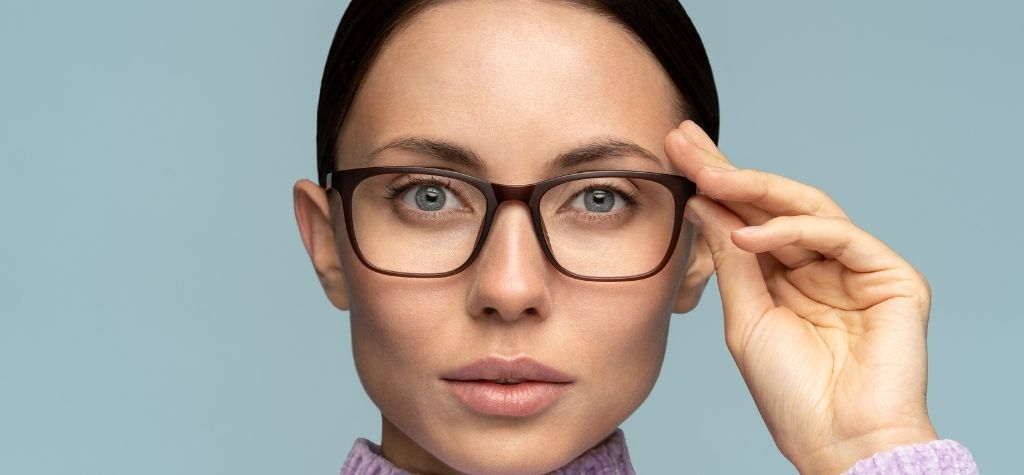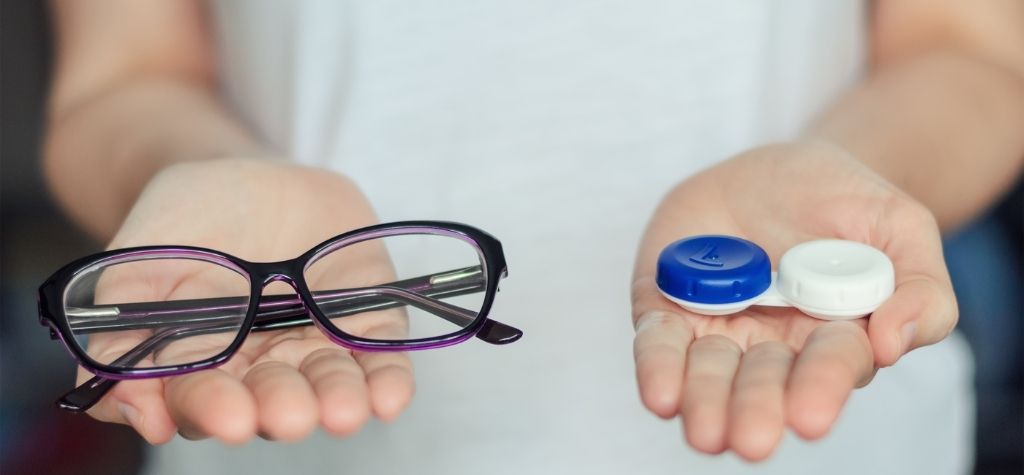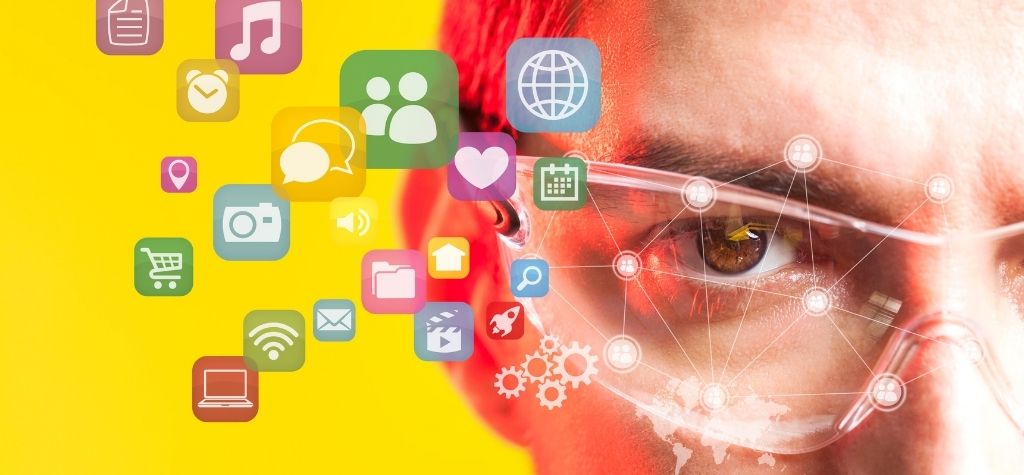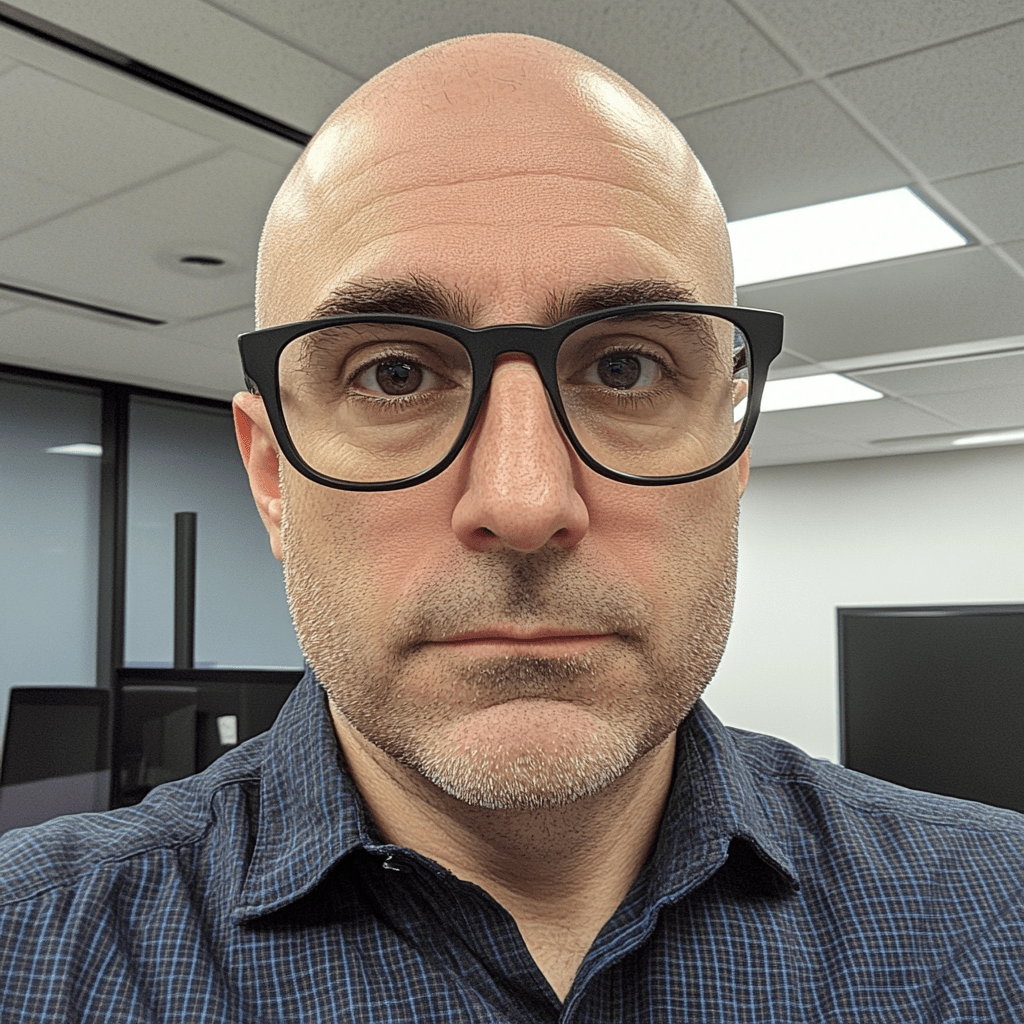Glasses have long been associated with intellectualism and professionalism. However, their role in shaping workplace dynamics extends beyond function, influencing how individuals are perceived, how they interact with colleagues, and their confidence levels. As a blend of necessity and style, eyewear has evolved to become a key part of workplace culture, reflecting personality and professionalism.
The History of Glasses and Perceptions
Eyewear has shifted from being a medical necessity to a style statement. In earlier centuries, glasses were stigmatized as symbols of aging or frailty. Today, they are embraced as markers of intelligence and sophistication. Understanding this evolution sheds light on the societal impact of glasses in professional settings.
Glasses and Professionalism

First impressions are crucial in the workplace, and glasses often convey intelligence, reliability, and authority. A study by the College of Optometrists found that professionals wearing glasses were often perceived as more competent and trustworthy, underscoring their influence in career success.
Social Stereotypes Around Glasses
Stereotypes persist about glasses-wearers. While terms like “nerdy” and “bookish” may have negative connotations, the fashion world has embraced glasses as chic accessories. Breaking these stereotypes is key to fostering a more inclusive and empowering workplace culture.
Glasses and Confidence in the Workplace
Wearing glasses can significantly affect self-esteem. For some, they instill confidence, while for others, they may cause insecurity. Studies suggest that employees who feel good about their eyewear choices are more likely to engage effectively in workplace communication.
The Role of Glasses in Career Advancement

There is growing evidence that eyewear can influence career trajectories. Surveys indicate that employees who wear glasses during interviews or meetings are more likely to be perceived as knowledgeable, which may positively impact their professional growth.
Cultural Perspectives on Glasses
The perception of glasses varies across cultures. In Western societies, glasses are often linked to intellect, while in some Eastern cultures, they may be seen as symbols of seriousness or dedication. These cultural nuances play a significant role in global workplace dynamics.
Fashion and Eyewear in the Workplace
Modern professionals use glasses to express personal style while adhering to workplace norms. Designer frames and unique styles can be status symbols, reflecting personality without compromising professionalism.
Glasses vs. Contact Lenses: Workplace Dynamics

While contact lenses are often seen as more practical, glasses offer an edge in style and perception. People wearing glasses are generally viewed as more thoughtful and detail-oriented, traits valued in many professions.
Gender-Specific Impacts of Wearing Glasses
For women, glasses can be empowering, adding a touch of sophistication. However, they may also face outdated biases linking glasses to unattractiveness. Men, on the other hand, often benefit from stereotypes associating glasses with authority and wisdom.
Health Considerations and Productivity
Glasses play a pivotal role in maintaining vision health, especially for professionals spending hours in front of screens. Innovations like blue-light-blocking glasses reduce digital strain, enhancing productivity and comfort.
Technology and Smart Glasses in the Workplace

Smart glasses, integrating augmented reality (AR) and other features, are transforming the modern workplace. They enable hands-free tasks, real-time data access, and enhanced collaboration, making them invaluable in tech-forward industries.
How to Choose Glasses for Professional Settings
Selecting the right pair of glasses can enhance one’s professional appearance. Key considerations include:
- Choosing neutral or sophisticated frames.
- Ensuring comfort for extended wear.
- Matching eyewear with workplace attire.
The Workplace Beyond Glasses
As workplaces evolve, inclusivity in vision solutions is essential. Recognizing and respecting choices—be it glasses, contacts, or LASIK—is vital to creating an equitable environment.
FAQs About Glasses and Workplace Culture
- Do glasses improve professional perception?
Yes, they often convey intelligence and reliability. - Are glasses mandatory in formal workplaces?
No, but they can enhance professionalism when chosen thoughtfully. - What are the best glasses for the workplace?
Neutral, sophisticated frames are ideal for most professional settings. - Do men and women face different perceptions with glasses?
Yes, societal biases often differ based on gender, though these are evolving. - Can wearing glasses reduce digital eye strain?
Yes, blue-light-blocking glasses help combat eye fatigue. - Are smart glasses practical for office use?
Absolutely, they’re particularly useful in tech-driven industries.
Conclusion
The social impact of wearing glasses in the workplace is profound, influencing perceptions, confidence, and career progression. As eyewear continues to blend functionality with fashion, its role in workplace culture remains integral, empowering professionals to embrace their vision needs without compromising style or professionalism.

